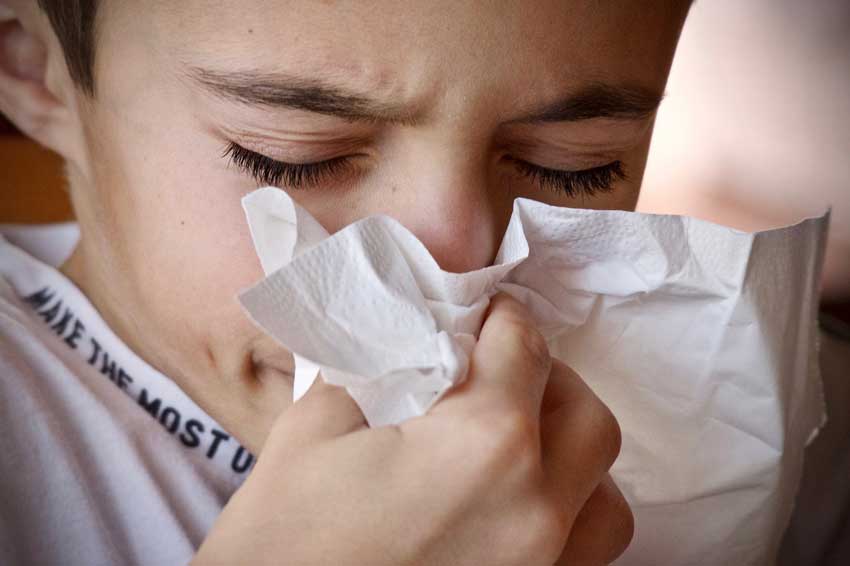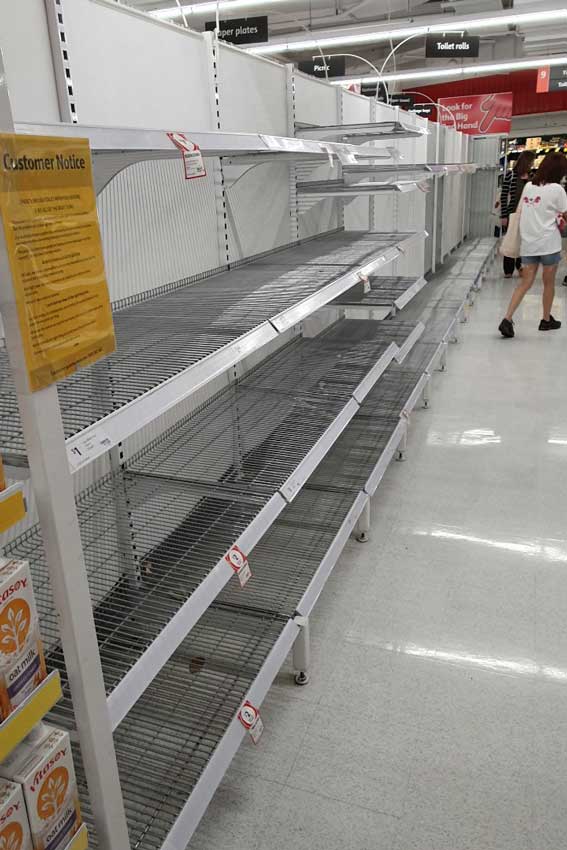
Only simple, prudent steps are needed to minimise risk
Health authorities advise that good hand hygiene and cough and sneeze etiquette remain the best means of not contracting or spreading the novel coronavirus as the disease begins to spread in Sydney.
Dr Michael Wehrhahn, a microbiologist and infectious diseases expert and a parishioner at Corpus Christi parish in St Ives in Sydney’s upper north shore, is realistic about the challenges.
He says that as people of faith, there is plenty we can do to limit its spread through the community and look after the more vulnerable.
Counter anxiety with the facts
“The best message the church can give to parishioners is even if they have the slightest cold or cough, it’s best if they don’t come to church or other mass gatherings,” Dr Wehrhahn told The Catholic Weekly.
Face masks are not required as a preventative measure but people should re-consider any unnecessary travel plans, and if you are sick, stay home, he added.
“We can be aware of people who might need our help and assistance if they are staying at home in social isolation, ask them if there anything they need, or do they need jobs done for them that they can’t do because they are stuck at home,” Dr Wehrhahn added.
Pray for God’s guidance
“I believe our prayers are important and so we can also pray for God’s guidance of our leaders, medical experts and front line health care workers. If we can work hard as a country and as people of faith we might be able to limit the number of cases.”
While the novel coronavirus is more virulent than the flu, it appears to have a much lower mortality rate at around 1-2 per cent, compared with more feared respiratory illnesses SARS (10 per cent) or MERS (nearly 40 per cent).
Early evidence suggests it does not seem to cause severe illness in children.
Venai Prasad, registered nurse at Lourdes Medical Centre in Blacktown, said awareness was growing among the community that if people were feeling unwell with a fever, cough, sore throat or were short of breath and had travelled recently or come into contact with someone at risk of infection they should call their doctor’s surgery or medical clinic first before going in.

“There is a lot that people can do to protect themselves and others, and there is a good system in place for testing and treating people who become ill so there is no need to panic,” Ms Prasad said.
Self-care is important
Dr Wehrhahn is also advising patients and health care professionals to look after their physical and mental health more generally amid virus outbreaks in Australia.
“In this age of uncertainty and heightened anxiety people can find it very empowering to try to live a healthy lifestyle with regular exercise and relaxation a good diet, getting enough sleep, and limiting exposure to the 24/7 news cycle,” he said.
The Australian Catholic Bishops Conference has issued advice to all of the country’s clergy on liturgical implications in light of the coronavirus.
It includes the temporary removal of holy water from the entrance of churches, avoiding shaking hands at the Sign of Peace, and ceasing distribution of Holy Communion from the chalice. The faithful are advised to remain home if they are too unwell to attend Mass or are at high risk of contracting the virus.
“They can honour their Sunday obligation by participating in a time of prayer within the home, reading the Scriptures or watching Mass on television or online,” they wrote.
Related articles:
Philippine bishops issue directives to prevent coronavirus outbreak
Rome cancels public Masses and funerals
